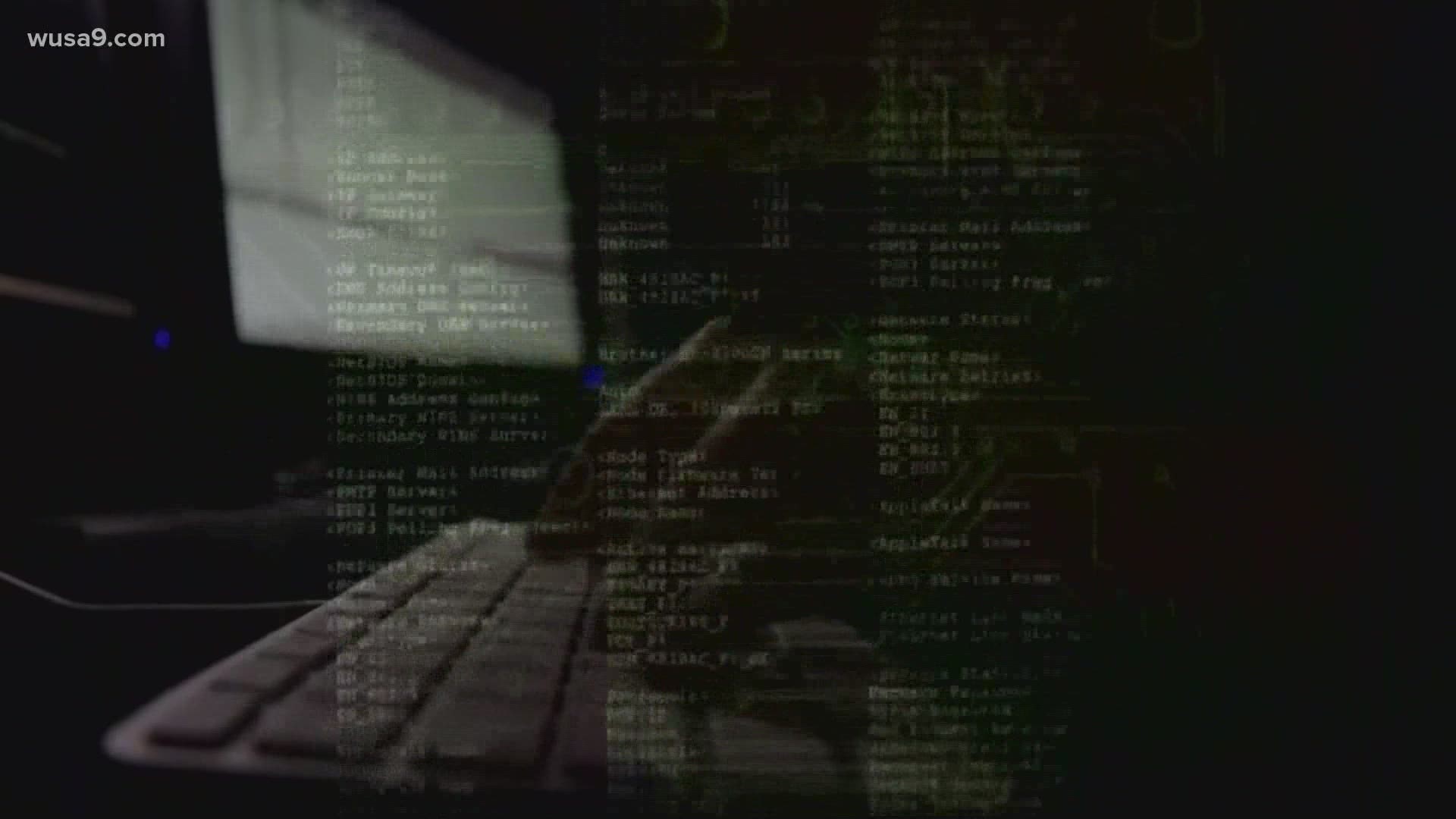WASHINGTON — Communications analysts tell WUSA9 that the government is scouring alt-tech social media sites for leads ahead of next week's inauguration.
Last week when Parler, a largely unmoderated social network that’s popular with the far right, was shut down, the conversations that were housed on the platform didn’t. Communications analysts tell WUSA9 those conversations which include plans for armed attacks on inauguration day have quickly moved to new platforms.
"The channels that I track on those platforms have grown 200 — 300% in just a matter of hours," says Megan Squire, professor of Computer Science at Elon University and a senior fellow at the Southern Poverty Law Center.
Squire tracks online extremism on apps like Parler, which was recently shut down for its role in propagating information that helped spark the insurrection at the Capitol.
"That app has been revealed to have been used inside the Capitol building," says Squire. "People [were] posting actually from the inside and also making money while doing it."
With the de-platforming of Parler, Squire said those conversations have moved into smaller platforms, like Telegram and Dlive, which makes tracking them more complicated. Her advice ... prioritize.
"Ones that have a good user interface and a lot of users, strong encryption and offer the opportunity to make money" are the sites she says the government should be focused on. "That combination is really toxic," Squire says.
Linda Robinson is a senior researcher at RAND Corporation specializing in international terrorism communication. She says the communication structure of the far-right has many parallels to the Islamic State and Al Qaida.


"They have franchises around the world, there is a network approach to this," said Robinson.
Robinson believes the number of armed threats within the networks is tremendous. "There are 200 franchises with 20,000 people" within the far-right networks.
"Some of those individuals appeared to have military training, possibly coming from a military background," added Robinson.
She believes those insurrectionists with military training could have aided the network’s ability to use social media as a tool to disseminate information and recruit.
"Many members of these groups have blogs. They're broadcasting their activities, they're trying to create a public profile for themselves so there's an obvious starting point," Robinson argues.
She says the government is aware of the micro platforms being leveraged now by the far-right but argues they are just beginning to understand how significant of a national security threat these platforms can be.

